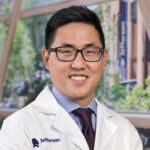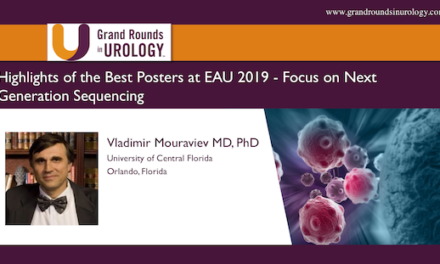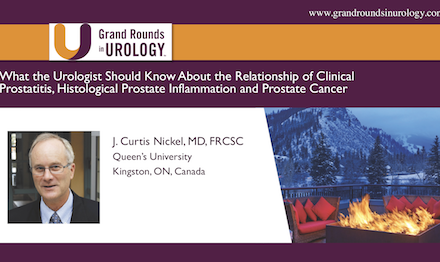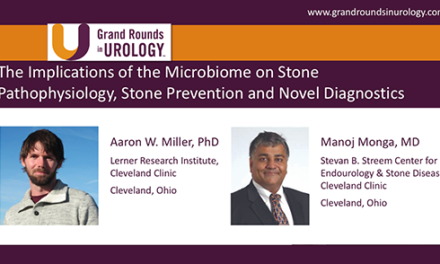Paul H. Chung, MD, presented “Next Generation DNA Sequencing for Genitourinary Implants” for the Grand Rounds in Urology audience in January 2021.
How to cite: Chung, Paul H. “Next Generation DNA Sequencing for Genitourinary Implants” January 2021. Accessed Jan 2026. https://grandroundsinurology.com/next-generation-dna-sequencing-for-genitourinary-implants/
Summary:#
Paul H. Chung, MD, Assistant Professor and Director of the Division of Reconstructive Urology at the Sidney Kimmel Medical College of Thomas Jefferson University, discusses infection of genitourinary implants and how next-generation sequencing can be used to manage device infection. Presenting his results from a recently published article with the Canadian Journal of Urology, he outlines the methods, outcomes, and recommendations for clinicians, specifically those removing malfunctioning or infected penile prostheses and artificial sphincters. Dr. Chung highlights the benefits of polymerase chain reaction (PCR) and next-generation sequencing (NGS) including faster processing time, greater sensitivity, and the ability to run both fungal and bacterial analysis in the same setting. Additionally, NGS is useful in the selection of perioperative antibiotics and irrigation solutions, as well as determining how to coat devices during implant surgery. Following the presentation, Grand Rounds in Urology editor J. Curtis Nickel, MD, FRCSC, interviews Dr. Chung to further discuss the clinical implications of his research. In the conversation, they compare biofilm collection techniques, noting that PCR and NGS are most helpful in a clinical setting, whereas extended culture is useful in a research setting.
For more information on the urinary microbiome, visit our Next Generation Microbiome & Urologic Infections Learning Center.
ABOUT THE AUTHOR
Paul H. Chung, MD, is the Director of the Division of Reconstructive Urology and an Associate Professor of Urology at Thomas Jefferson University's Sidney Kimmel Medical College in Philadelphia, Pennsylvania. Dr. Chung specializes in erectile dysfunction, Peyronie’s disease, stress urinary incontinence, urethral stricture disease, buried penis, and genitourinary reconstruction.





